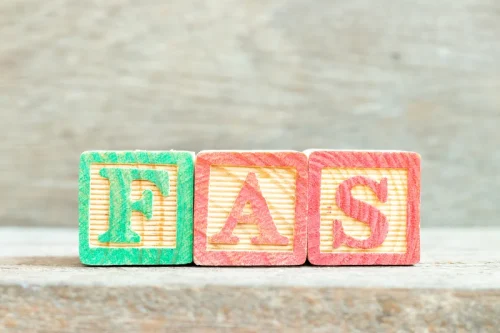11 Common Causes for Why You Bruise Easily
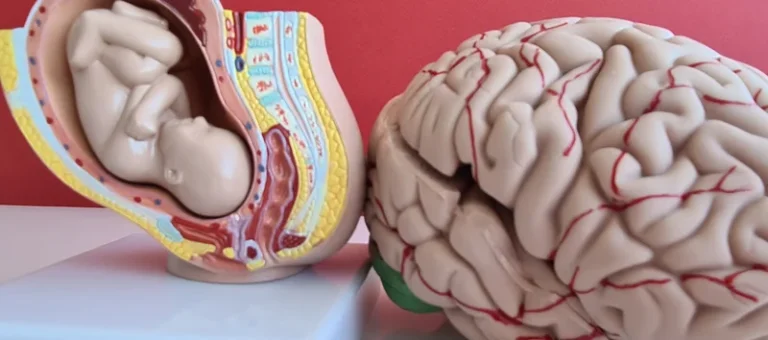
Bruises tend to develop on the thighs, buttocks, and upper arms. However, people have no other symptoms of excessive bleeding, and blood test results are normal. These conditions are not serious, and no treatment is needed. Liver damage from cirrhosis is not reversible, and it is linked to high mortality rates. Long-term alcohol misuse can lead to numerous health problems. It increases the risk of various types of cancer, as well as high blood pressure, heart disease, and stroke.
low blood platelets but other results normal
- I am originally from Wisconsin but settled in the Cincinnati area in my early 20s.
- Problems with two major organs — your liver and kidneys — can cause blood abnormalities.
- At first, the affected area of your skin turns red or purplish.
- “People with lighter skin tones show bruises more easily and those with more body fat tend to bruise easier,” says Dr. Steven Maher, an emergency medicine physician at Mayo Clinic in Arizona.
- You should go see your doctor if you’re bleeding and it won’t stop, the pain is too intense, or you see a lot of damage to the base of your nail.
When the cause of bruising is unclear, your doctor will likely order blood work to check for platelet problems or other blood clotting abnormalities. Their thinning skin often has less fat underneath to cushion the blood vessels. Bruising easily is not a common symptom of low iron levels. Symptoms of iron deficiency typically include tiredness, fatigue, shortness of breath, paleness, and heart palpitations.
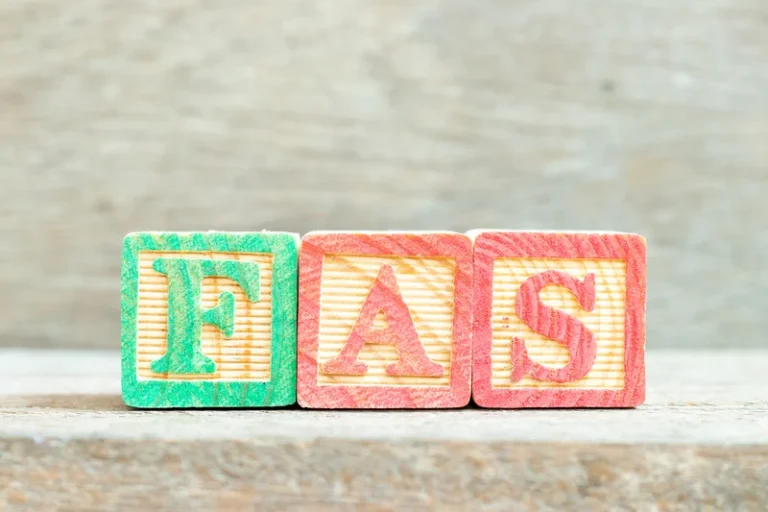
When Should I See a Doctor About Bruising After Drinking?
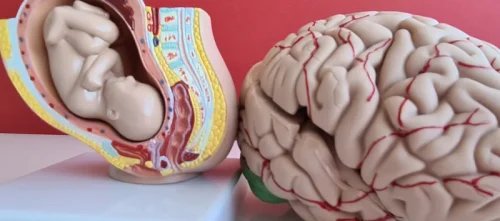
Women alcohol and bruising tend to see more bruises than men and people who have fair skin often bruise more easily. Drinking alcohol can make you more prone to easy bruising and bumping into things. You might also get bruises more often if you have issues with your platelets or those cells involved in the blood vessel healing process.
- The median life expectancy from this point is 10 to 12 years.
- A hematoma is a large pool of blood that may come from a serious injury, such as a major fall or a car accident.
- Stopping alcohol abruptly after long-term heavy drinking can also lead to alcohol withdrawal syndrome, which commonly manifests as symptoms like nausea and vomiting.
- I am a licensed social worker.In my scope of practice I have worked in the areas of mental health and recovery for thirty years.
Yellowing of your skin and eyes
Petechiae may not be visible on dark skin, but a person may see them on areas with lower levels of melanin, such as the forearms. You’ll soon start receiving the latest Mayo Clinic health information you requested in your inbox. Another serious cause of bruising is domestic violence or abuse. If a loved one has a bruise that can’t be explained, particularly in an unusual location such as on the face, be aware of the possibility of abuse.
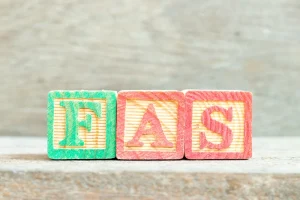
- If you’re aware that drinking is causing health problems, such as liver issues and bruising from alcohol, but you’re unable to stop drinking on your own, it’s time to seek treatment.
- Plus, if you play any contact sports, your risk goes up even further.
- Doctors also look for signs, such as tenderness during movement and local swelling, that may indicate bleeding in deeper tissues.
- This may indicate that your easy bruising is a symptom of some kind of bleeding disorder.
- When someone develops an alcohol use disorder, they will show signs or symptoms that are characteristic of this condition.
- Finally, one potentially serious cause of alcohol and bruising is alcohol liver disease.
- If you develop alcoholic hepatitis, you may be able to reverse the damage by permanently abstaining from alcohol.
As you age, your skin gets thinner and you lose some of the layer of fat that cushions your blood vessels and protects you from injury. Both of these things mean you may get more bruises, even from a minor bump. Bruises happen when blood leaks out of your veins and capillaries and pools under your skin because there isn’t an opening for the blood to get out of your body. Blood cells called platelets stop your bleeding, but the pool of blood under your skin can change your skin color and cause swelling, pain, and tenderness.
